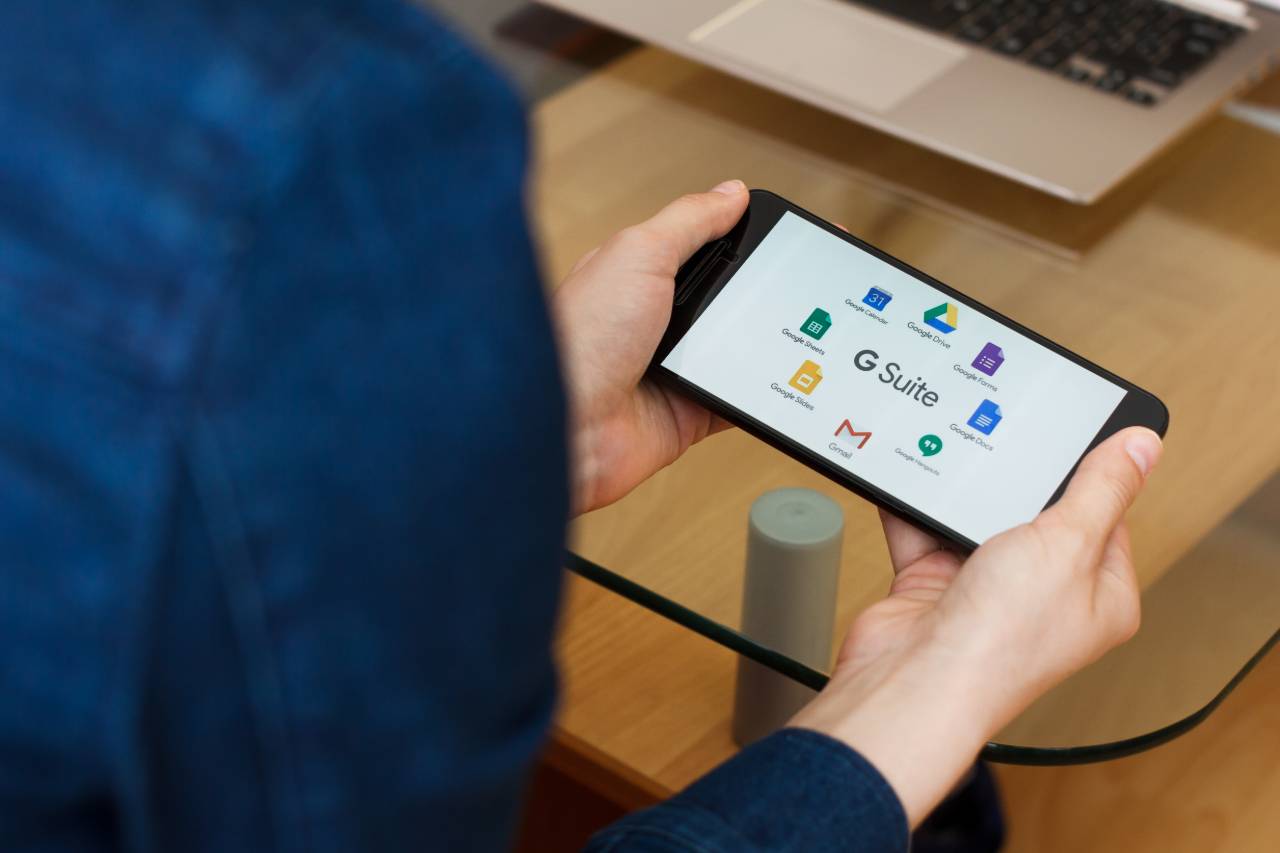
Britain’s biggest children’s charity has turned to new technology providers to transform its service in the wake of Covid-19. By Oscar Williams for NS Tech.
In 2016, Britain’s largest children’s charity – Barnardo’s – launched a new ten-year plan. The charity’s leadership was acutely aware that the delivery of children’s services was being held back by outdated tech and that they needed to urgently modernise their systems.
“We were using a lot of old technology – we had an on-premise architecture; everything was going down a VPN,” says Trevor Lawson, the charity’s head of technology transformation. “It was slow. It was jammed up. We were really struggling to cope with the volume of traffic. We needed to not only catch up with the way technology was advancing, but also get ahead of that curve to start to shape how we deliver services in a much more positive way.”
The majority of the 154-year-old charity’s 8,000 staff work in one of several hundred local services that provide support for vulnerable children and young people. But back in 2016, a “huge amount of time was being wasted by writing up notes in the field and then typing them up in the office”, says Lawson. “Critically, what we wanted to do is simplify that process for our teams and free them from the technology to allow them to focus on the task at hand.”
In late 2018, the charity started looking at new collaboration tools that would streamline note-taking and report writing. After assessing the market, it settled on Google’s G Suite and began experimenting with its products.
“G Suite was of particular interest because it has been built with collaboration in mind in a way that Microsoft Office at the time certainly was not,” says Lawson. “What is critical is being able to work together, often very quickly, to deal with important crisis situations and with a high level of security. That might mean collaborating on documents in a very rapid timeframe to make sure we have got the information right.”
Covid-19
Although some teams had been testing the platform in 2019, it was only earlier this year – just as the impact of the coronavirus crisis was becoming clear – that it was opened up to the wider organisation.
The charity used Okta’s identity management system to provide a single sign-on system for all employees to access G Suite.
“It has actually provided an additional way we could work together much more quickly, which was particularly advantageous when Covid-19 kicked in,” says Lawson.
The charity is now hosting 5,000 meetings a month over Google Meet. Staff are also using the platform to provide support to communities. A team in Glasgow, for example, is using Google Meet to provide reading sessions and scavenger hunts for children. But while Lawson says it has been “surprisingly effective for some of those things”, he concedes that in most situations, “it is not anything like an effective replacement for face-to-face contact”.
However, the charity has found at least one use for the technology that is likely to outlast the pandemic.
“Asking families who are working really hard, often holding down to two to three jobs a piece, to come into an office in the middle of the working day often isn’t always possible,” says Lawson.
“What it does mean is we can evaluate other ways of working with families outside of usual hours, for example, which could allow us to offer support to otherwise hard-to-reach families, which could benefit a very large number of children.”
The charity is still evaluating Office 365 and Lawson said the tech team is keeping an open mind before making a final decision on which platform to opt for in the long run.
A significant proportion of the charity’s income comes from local authorities, “the vast majority of whom do use Office 365”, says Lawson, but he says that while there have been “some hiccups” when it comes to transferring data from the Google to Microsoft platforms, it is “getting easier all the time”.
“We are still evaluating the platforms and still making that final decision, and I think the final decision will actually be quite a fine one,” he says.
From document management to data management
Barnardo’s also wants to make better use of data. It collects a large amount of information as part of its safeguarding work, but it is not yet analysing it in a way that provides insights into the success of various interventions.
“We are moving from what could best be described as document management to data management,” says Lawson. “That means putting it into a system that is centred on the child and you can completely understand what journey that child takes over time.
“We can then start to build up a much clearer long-term picture of what interventions work well and what work less well, and then understand what we do need to do differently to improve their outcomes.”
Global Construction Outlook to 2024 (COVID-19 Impact)

Our parent business intelligence company